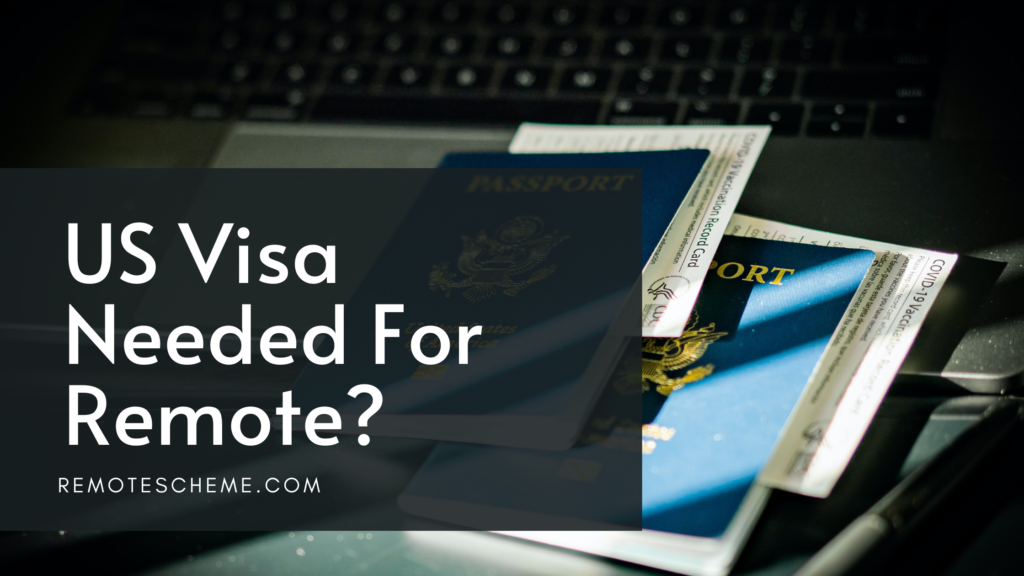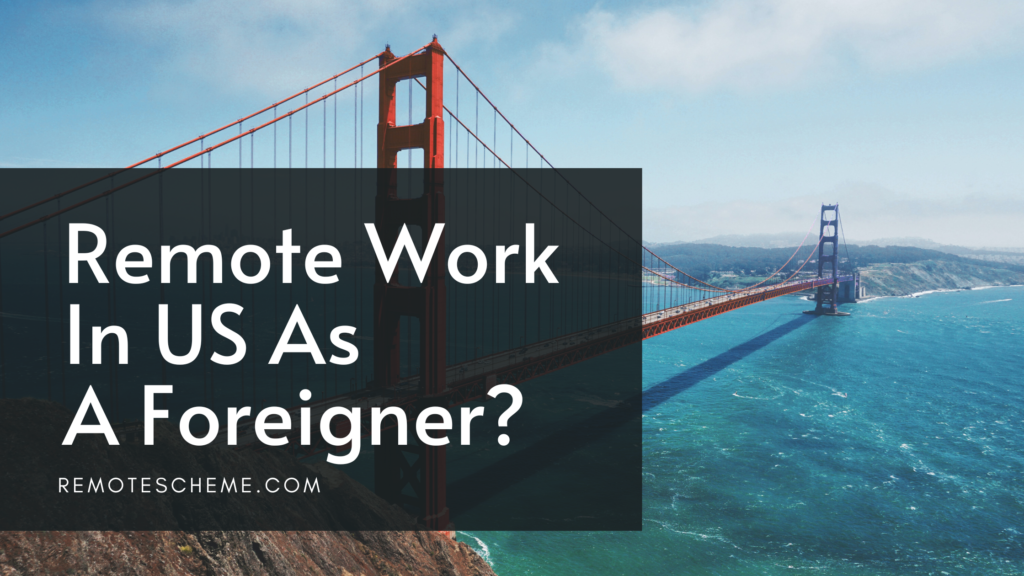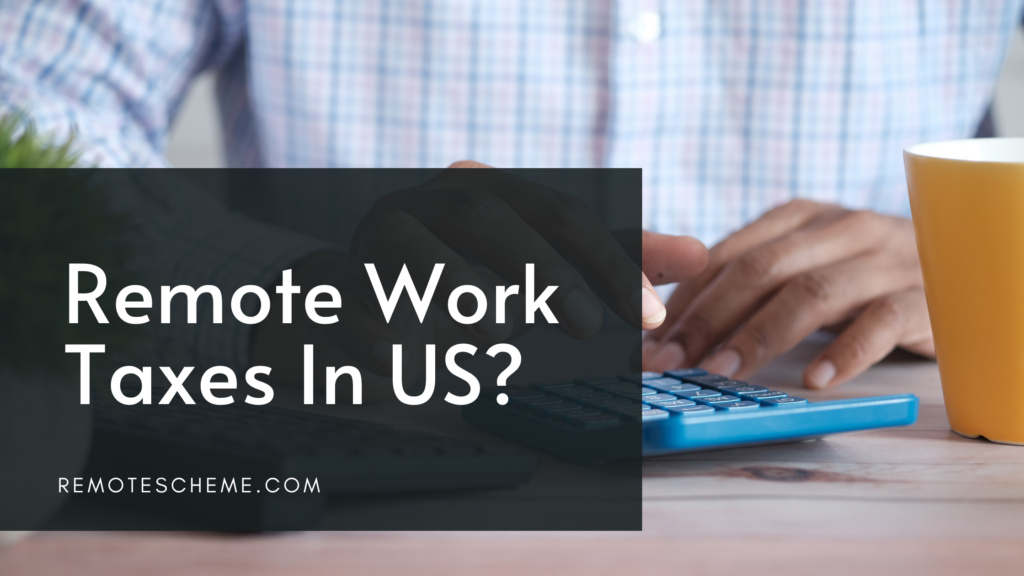Did you land a remote job in the U.S.? Well, you’re probably wondering: Do I need a visa to work remotely in the United States?
Lucky for you, we have all the answers you need in today’s article! Let’s dive into the details right away.
Do I Need A Visa To Work Remotely In The United States?
The answer depends on whether you’ll be physically present in the United States or working remotely from another country. If your work requires you to be physically present in the U.S., then you need a Visa.
On the other hand, working outside the U.S. from another country does not require you to obtain a Visa.
Working Remotely In The United States
According to United States laws, anyone who works or earns an income while being physically present in the country requires proper work authorization.
Similarly, if you work for an employer located abroad while you’re in the States, you need proper authorization, too.
Working For A United States Employer From Another Country
When working for a U.S. employer from another country, the overseas work policies may differ. So, you’ll need to check your country’s policies and laws on remote work.
Typically, you don’t need a visa to work remotely for a U.S. employer when you’re present in another country. However, some countries might have certain laws regarding remote working and taxes.
Visiting The United States While Working Remotely
The tourist visa is a short-term visa that allows you to come to the U.S. for tourism or other business purposes. However, it doesn’t grant you authorization to work in the country.
Violating the conditions of the visa can lead to serious issues. That includes the revocation of your current visa and denial of future visa requests.
Unfortunately, there’s no visa for digital nomads in the U.S. as of the time we’re writing this article.
How To Get A Visa To Work Remotely In The United States
There are different visa options that allow you to work remotely in the U.S. While none of them are specific to remote workers, they’re suitable for this type of work.
You’ll need to figure out which type of visa suits you and your field of work. That said, let’s check out visa options for remote workers:
The O-1A Visa
Remote workers love this visa, as it doesn’t require a physical office space. The O-1A doesn’t have minimum salary requirements, either, which means you don’t have to be making a certain salary to be qualified.
However, the visa is mainly for people with extraordinary abilities and achievements.
The L-1 Visa
The L-1 visa is for managers, executives, and specialty workers transfers.
If you’re working in a qualifying role, you can apply for this visa.
The H-1B Visa
The H-1B is mainly for specialty occupation workers who have a Bachelor’s degree or many years of experience.
The visa doesn’t have any office requirements, which means you don’t have to work in a physical office to get qualified for the visa. Additionally, it’s valid for six years.
The TN Visa for Canadian and Mexican Professionals
The TN visa is for Canadian and Mexican citizens with a TN-approved occupation.
Wrap Up
So, do you need a visa to work remotely in the United States?
If you’re physically present in the U.S., you’re obligated to get a work visa. On the other hand, if you’re working abroad for a U.S. employer, you won’t need a U.S. work visa.
However, you might need to check the laws in your country instead just to be on the safe side.




